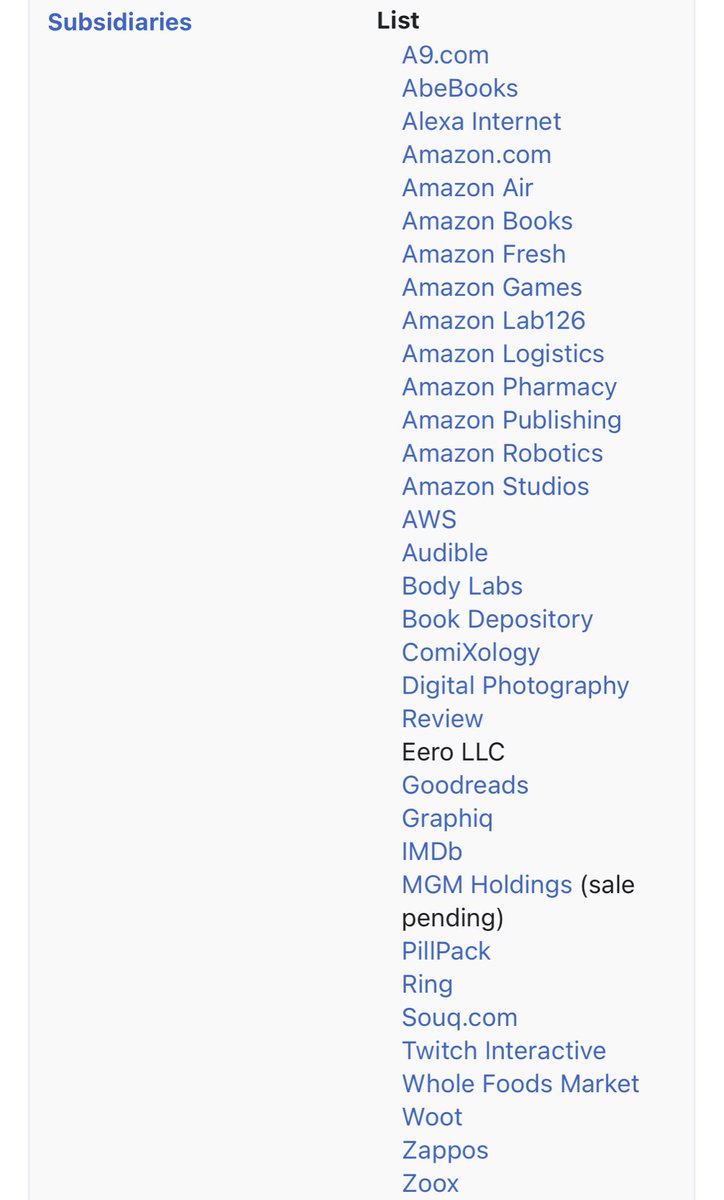
For years, I have seen the same take over and over about Amazon.
First it was “Amazon doesn’t make money.”
Then it was “Amazon doesn’t make money without AWS”.
Now we have a new version: “Amazon doesn’t make money without AWS and advertising.”
Say it with me now…
First it was “Amazon doesn’t make money.”
Then it was “Amazon doesn’t make money without AWS”.
Now we have a new version: “Amazon doesn’t make money without AWS and advertising.”
Say it with me now…
Amazon’s retail business is profitable and very much so.
They use the branded 1st party retail sales as a loss leader to print money off of their marketplace which is, unlike retail, riskless profit.
I know because I’ve looked at the unit economics of their business for years.
They use the branded 1st party retail sales as a loss leader to print money off of their marketplace which is, unlike retail, riskless profit.
I know because I’ve looked at the unit economics of their business for years.
So then why does their business look unprofitable after separating out AWS and advertising?
First reason is they’re aggressively depreciating every plane, truck, and warehouse they buy.
Second reason is this crap. How much of it makes money? It’s all in “retail”.
First reason is they’re aggressively depreciating every plane, truck, and warehouse they buy.
Second reason is this crap. How much of it makes money? It’s all in “retail”.

Amazon’s marketplace is actually their highest moat business. It’s a better business than AWS which has less market share significantly more competition and stronger competition.
I suspect they understand this and deliberately conceal it but who knows?
/end rant
I suspect they understand this and deliberately conceal it but who knows?
/end rant
• • •
Missing some Tweet in this thread? You can try to
force a refresh















